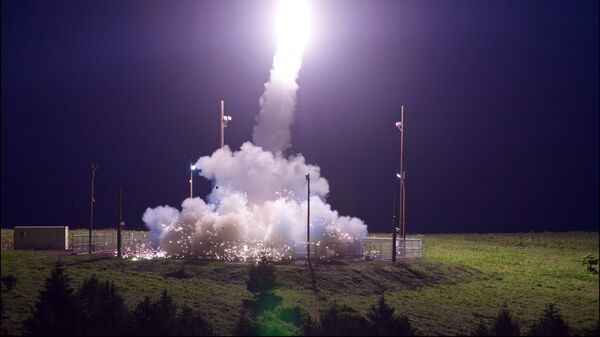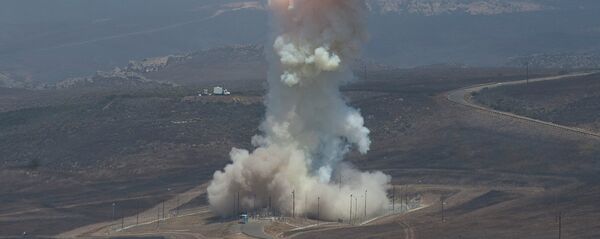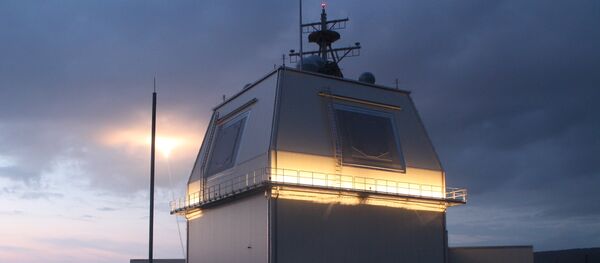The funds were originally designated for US Army operations and maintenance accounts but would be transferred toward missile defense initiatives, Defense Secretary James ‘Mad Dog' Mattis said Tuesday on Capitol Hill.
Raytheon, Boeing and Orbital ATK are expected to be the primary private sector beneficiaries of the new spending, which totals $416 million of $440 million in unused appropriations, according to the six-page document detailing the request obtained by Bloomberg.
Orbital makes America's greatly beleaguered Ground-based Missile Defense interceptor system, abbreviated simply as GMD. The Pentagon's Department of Operational Testing and Evaluation (DOT&E) reported in 2016 that "GMD has demonstrated a limited capability to defend the US homeland from small numbers of simply intermediate-range or intercontinental ballistic missile threats launched from North Korea or Iran," adding, "DOT&E cannot quantitatively assess GMD performance due to lack of ground tests supported by accredited modeling and simulation."
The move to push more money toward missile defense initiatives isn't totally surprising. The Los Angeles Times conducted a deep-dive investigation of America's dodgy GMD program in February, and was told by a Pentagon spokesman that "no corrective actions are needed" despite the discovery that 37 of 44 interceptors had faulty thrusters, "causing the interceptor to veer far from its intended course," the outlet reported.
The Pentagon actively tried to cover up that the interceptors hadn't always worked, spurring Laura Grego, physicist at the Union of Concerned Scientists, to tell the newspaper, "At some point, you have to decide if you mean to build something that works or something that simply looks like it works."
Critics maintain that the US flat-out lacks the capability to shoot down North Korean missiles, not just in the American homeland but in South Korea, Japan, and Guam as well. The US State Department vowed in late September that missile defense features would gun down ballistic missiles if they flew over Guam, but some military and global security experts say this is deeply misleading.
Ploughshares Fund President Joe Cirincione argued September 17, "the number one reason we don't shoot down North Korea's missiles is that we cannot."




